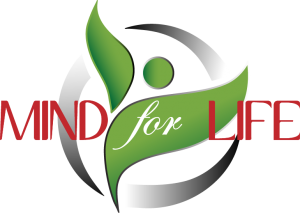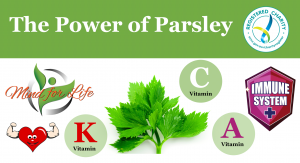According to a recent study published in JAMA Psychiatry, the use of antibiotics in youth in Denmark up to the age of 17, increased the risk for these individuals to develop mental illnesses. The crucial link seems to be a change in the patient’s intestinal bacteria brought about by antibiotics.
In the mentioned study, out of a cohort of 1 098 930 people born between 1995 and 2012, the risk of mental disorder after early severe infections treated by antibiotics increased by 84%. The need for medication for mental illness in these individuals increased by 42%.
This study is one of about 50 papers published since late 2018 using data from the Danish Psychiatric Central Research Register. This register is the first of its kind and tracks the clinical data of more than one million people.
Every possible variable in health has been tracked, from medications, to family histories to general and mental health statuses over time. This specificity is helping researchers to focus on specific variables and discount others so that they can accurately gain insights into life histories and mental health outcomes.
The Microbiome and the Brain in Animals
One theory is that the gut microbiome – the friendly bacteria in your intestines – sends signals to the brain to help regulate our moods, and perhaps also our likelihood of becoming unwell with mental illness.
Animal testing has confirmed that there is a link between bacteria and depression. One such study displayed how mice treated with antibiotics had alterations evident in their gut microbiome and performed worse in memory tests. Animals that had completely had their gut bacteria wiped out by antibiotics developed Autism Spectrum, Alzheimer’s disease and depression.
In an intriguing study, human faecal samples from patients with depression were transplanted into rats, which brought on depression-like symptoms in the animals. Similarly, in another study, faecal transplants from anxious humans to rats similarly created anxious rat behaviours.
While these experiments have established a link between the gut and mental health, the exact nature of this link is still largely a mystery.
Bacteria and Depression
By identifying neuroactive compounds produced or consumed by bacteria in the gut, we might get closer to figuring out this mystery.
In 2018, Philip Strandwitz and his colleagues studied rare gut bacteria with the name KLE1738. These bacteria eat gamma-aminobutyric acid (GABA). Another kind of bacteria, Bacteroides, produces GABA, which keeps the KLA1738 bacteria alive by producing its source of food.
This small explanation shows how intricate and finely balanced the interactions of the bacteria in the gut are. And, GABA is a compound required by our central nervous system so that it can run properly. Depressive disorders are usually associated with lower GABA levels.
Strandwitz therefore put forth the idea that a person with more GABA generating bacteria in their gut, would probably be a happier person.
Whilst there are certainly cases where antibiotics should be administered, the overuse of antibiotics has had a big impact on both our physical and mental health as a society in general. There is still a lot to be determined about the human microbiome but it is certainly worth paying attention to your diet when aiming to improve your mental health and physical health. When in doubt, see a nutritionist or healthcare professional for advice specific to your situation.
This information is intended for education and awareness only. Please consult your medical doctor and health professional team before you make any changes to your treatment plan





